The Center for Environmental Justice and Sustainable Futures (CJSF) at Franklin University Switzerland supports research, teaching, and community activities at the intersection of cultural practices and the environment.
Image: © Alison Pouliot
ABOUT CJSF
Our focus grows from the conviction that to engage effectively with the environmental and societal challenges facing today's world, researchers and educators need to work together not only across the social sciences, natural sciences and humanities, but also beyond university walls. Finding solutions for a world increasingly shaped by climate change and social injustice requires stakeholders to collaborate with one another across generations, between town and gown, and among disciplines. Our mission is to provide a vibrant platform to bring together interested researchers, artists and authors, students, alumni and community leaders to conduct research, and collaborate on projects, events and educational and outreach initiatives across Switzerland and Europe.
Education
The CJSF acts as an educational hub for Franklin's programs in Social Justice and Sustainability, Environmental Science, Environmental Studies, Comparative Literary and Cultural Studies, Art History and Visual Culture and the Zurich Program in Sustainable Cities. These programs allow students to explore issues of sustainability and justice through the lenses of literature, art, history, cultural studies, film, creative writing and environmental sciences/studies, encouraging the exchange of ideas across the ever-changing definitions of what it means to be environmentally and socially sustainable in the various domains of human activities.
Franklin is committed to an interpretation of the liberal arts that is both topic-based and hands-on. We encourage our undergraduate and graduate students to go beyond the classroom in a number of programs, including our signature Academic Travel program, our Zurich Program and our internship program In the Environmental Humanities, to understand how to apply different kinds of knowledge and different disciplinary perspectives to the world. This sort of experiential learning helps us conceptualize thoughtful and effective responses to climate change and environmental injustice.
The CJSF supports research projects among undergraduates, graduates, postdocs, professors, and members of different local and national communities, and builds networks among researchers and practitioners at universities across Europe and Switzerland, and North America through research collaborations, conferences, lecture series and the Sustainable Cities Forum, a symposium dedicated to student research that takes place every May at Franklin University Switzerland. The ambition of the CJSF is to educate change agents for a just, climate-friendly and ecological future.
RESEARCH
We invite and support research from inter- and transdisciplinary perspectives, including artistic practices, and we encourage our faculty, our postdocs and our students to tackle environmental and social justice problems through the combined lenses of narrative, film, art, history, environmental and justice studies.
Current research projects address topics such as change agents in Swiss biodiversity, urban sustainability, refugee studies, migration and social justice, and soil. Our researchers have received grants from the Bundesamt für Umwelt (The Federal Office for the Environment, FOEN), the SAGUF, the Swiss National Science Foundation, and Franklin University's Faculty Development Fund.
One of the ongoing projects is called "Affective Narratives in the Age of Environmental Degradation," which is led by Pascal Schwaighofer and funded by the Swiss National Science Foundation. The project is centered around the emotional reactions that narratives can elicit regarding climate change.
PAST EVENTS
Retooling Knowledge | September 9 – 12, 2021
Retooling Knowledge: Sustainable Development Goals from the Perspective of the Environmental Humanities
A symposium held at Franklin University Switzerland (FUS), Lugano (Switzerland)
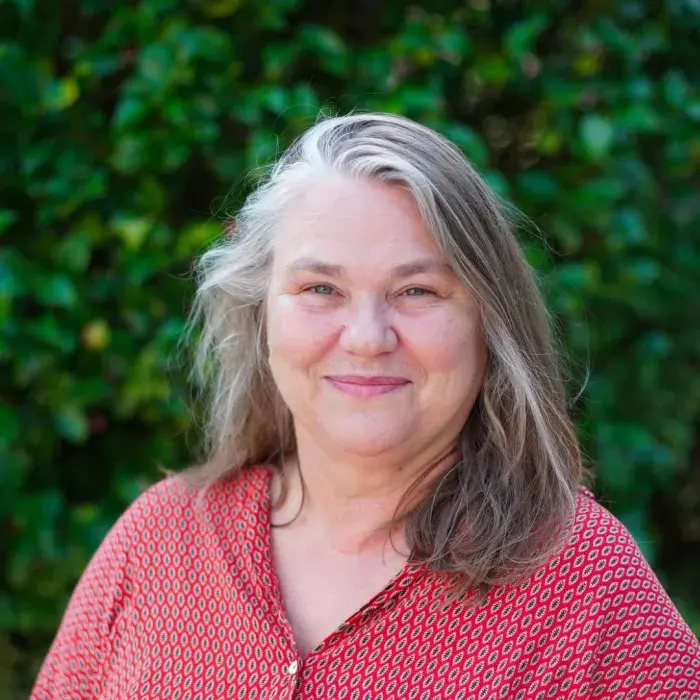
Caroline Wiedmer
Co-Director, Professor of Comparative Literature and Cultural Studies
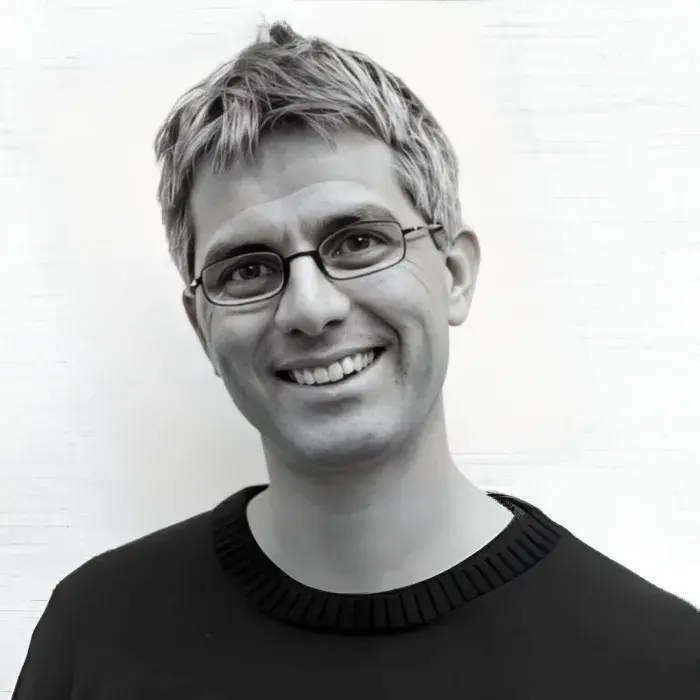
Christoph Kueffer
Co-Director, Affiliate Professor of Environmental Humanities
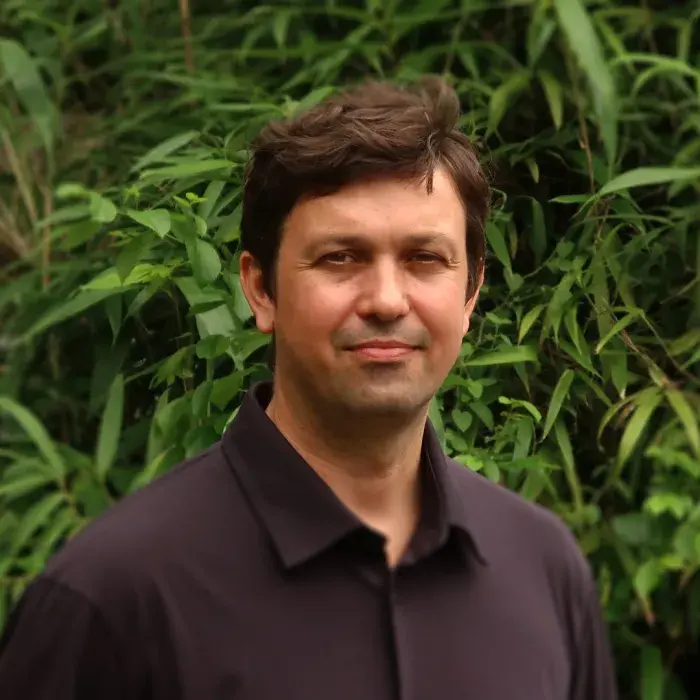
Gabriel Gee
Professor of Art History, Franklin University Switzerland

Johanna Fassl
Professor of Art History, Franklin University Switzerland

Clarice Zdanksi
Instructor of Art History and Studio Art, Franklin University Switzerland
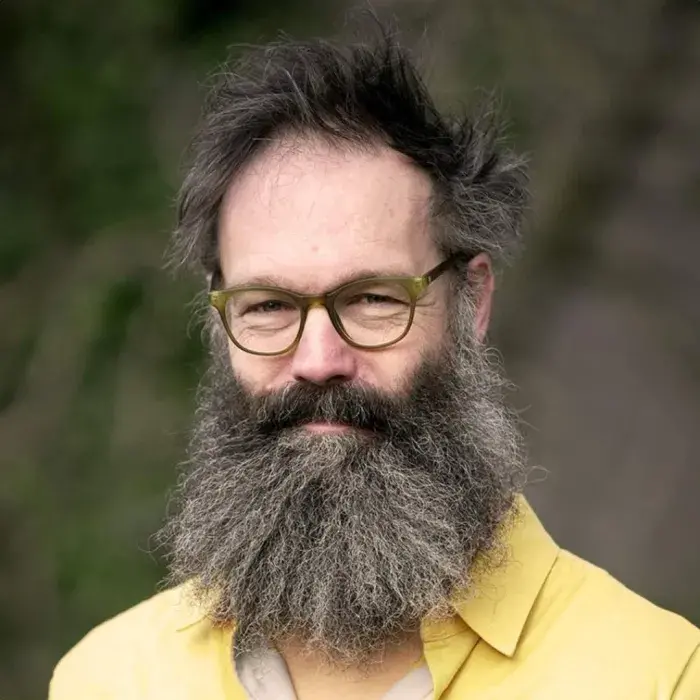
Pascal Schwaighofer
Post-Doctoral Fellow, Franklin University Switzerland Center for Environmental Justice and Sustainable Futures
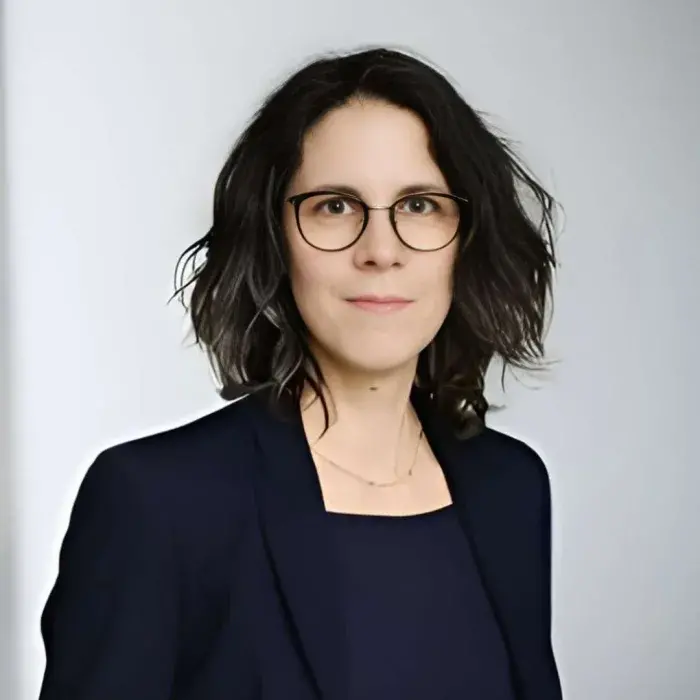
Ariane Tanner
Post-Doctoral Fellow, History of Science, ETH Zurich
CONTACT
Center for Environmental Justice and Sustainable Futures (CJSF)
Address: Franklin University Switzerland - Via Ponte Tresa 29, 6924 Sorengo, Switzerland
Email: CJSF@fus.edu
